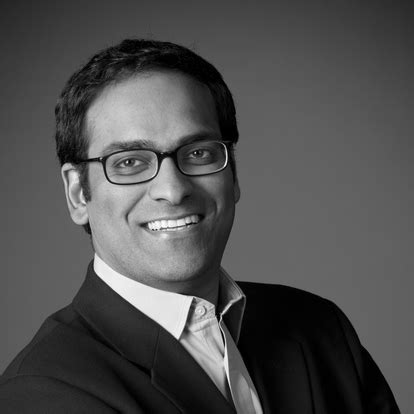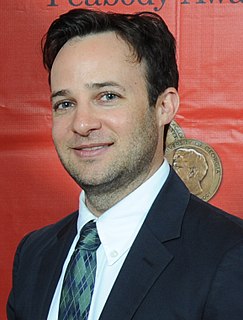A Quote by Nick Hornby
We can't be as good as we'd want to, so the question then becomes, how do we cope with our own badness?
Related Quotes
We can each sit and wait to die, from the very day of our births. Those of us who do not do so, choose to ask - and to answer - the two questions that define every conscious creature: What do I want? and What will I do to get it? Which are, finally, only one question: What is my will? Caine teaches us that the answer is always found within our own experience; our lives provide the structure of the question, and a properly phrased question contains its own answer.
We can never lose what is really ours. Who can lose his being? Who can lose his very existence? If I am good, it is the existence first, and then that becomes colored with the quality of goodness. If I am evil, it is the existence first, and that becomes colored with the quality of badness. That existence is first, last, and always; it is never lost but ever present.
Therefore, this is a question of whether we, humans, can change our culture and begin to truly care for all Creation, nurture all Life and thereby avert our own extinction. As such, this is a deeply spiritual issue and we can begin to act today, regardless of age. But the good news is that this is not a question of whether we will change our culture, but a question of when.
In the case of Game Change, the discussion in that film was how our politicians have become so much like celebrities - personality becomes more important than substance so that they can function in a 24-hour news cycle. So the question is, how do you feel about that? Is this what you want from a politician - somebody who's wildly charismatic, but has so little knowledge of substantive issues?
You can be good for the mere sake of goodness; you cannot be bad for the mere sake of badness. You can do a kind action when you are not feeling kind and when it gives you no pleasure, simply because kindness is right; but no one ever did a cruel action simply because cruelty is wrong - only because cruelty is pleasant or useful to him, In other words, badness cannot succeed even in being bad in the same way in which goodness is good. Goodness is, so to speak, itself: badness is only spoiled goodness. And there must be something good first before it can be spoiled.



































